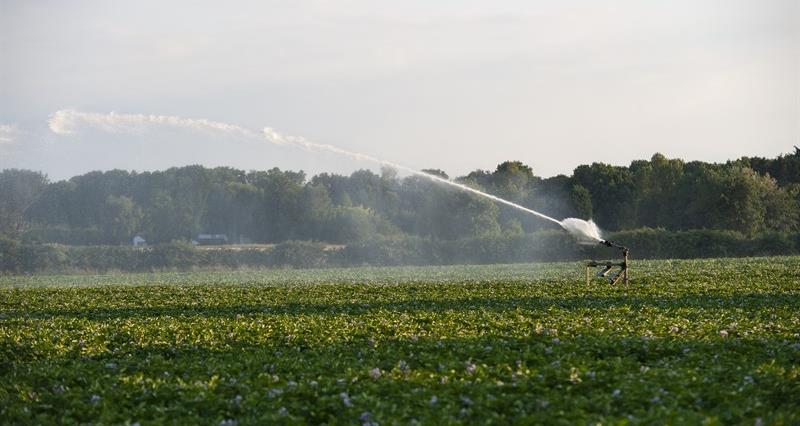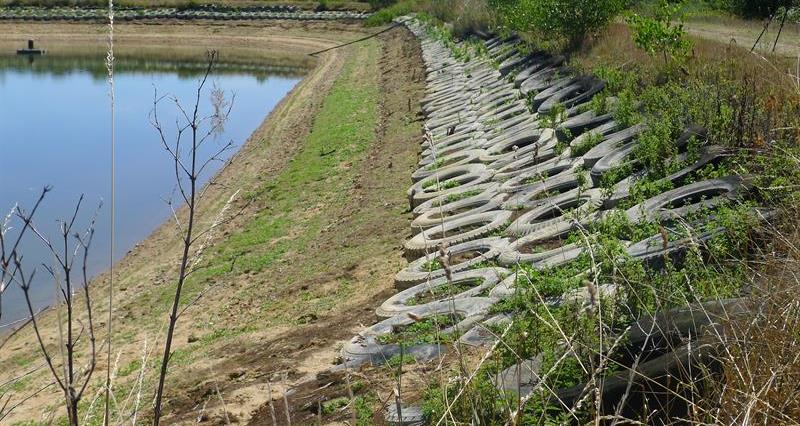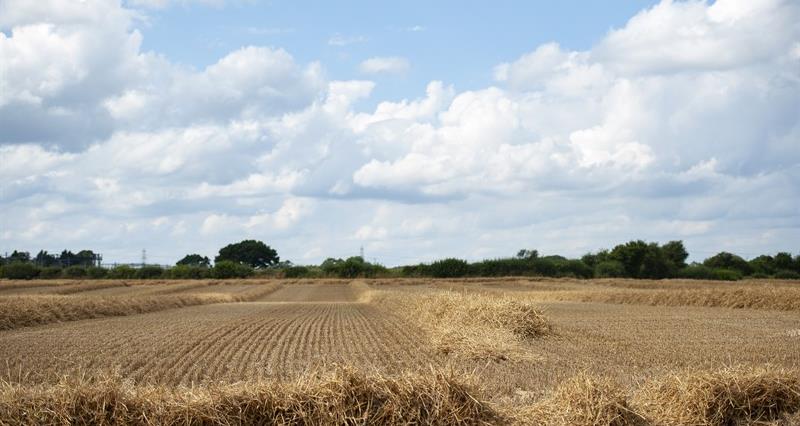The Water Abstraction Plan 2017 aims to address unsustainable abstraction. The EA (Environment Agency) has been working on a number of programmes to look at abstraction across all sectors to ensure it is sustainable and does not pose a risk of damage to the environment.
These programmes of work could affect both time limited and permanent abstraction licences (licences of right).
The EA has three existing programmes that seek to bring abstraction levels down to more sustainable levels, particularly in those catchments that have SACs (Special Areas of Conservation). If you are a licenced water abstractor (both Time Limited Licences and licences of right), especially in areas where there is water stress, you may be in receipt of a letter from the EA warning your licence is under review.
Restoring sustainable abstraction programme
The aim of this programme is to identify over-abstraction in rivers and wetland sites and, where possible, put it right.
The European Birds and Habitats Directives requires the EA to pay heed to over-abstraction by reviewing licensed abstractions in designated areas.
If the EA determines that your abstraction is risking serious damage to the environment, it is required to reduce or revoke the licence.
Catchments under review may pause the issuing or renewing of licences while the outcome of the review is awaited. The EA should provide a date by which the outcome will be known. There may be recourse to challenge any decision made by the EA but specialist help should be sought.
Unused and underused license programme
The aim of this programme is to remove unused and unneeded volume from licences where it is no longer required which:
- allows the removal of risk of deterioration
- allows the removal of risk of serious damage if the water is used in the future; and
- potentially makes water available for other licence holders who may have a sustainable and legitimate need for the water.
This may be applicable if the licence holder has abstracted 75% or less of their annual licensed volume for ten years or more before the date on which notice of the variation is given by the EA.
If you receive a letter warning that your licenced volume will be reduced unless you can justify holding a licence of that volume, it is important that you respond to the EA to discuss options or to explain why you need the volume.
You may be asked to demonstrate:
- how you use water efficiently, such as irrigating at night or checking your pipes for leaks
- your need to abstract the same quantities of water as your current licence and what you use the water for
- how you’ve worked out the amount you use.
Failure to do so will result in a Section 52 notice being served giving the EA’s proposed changes to your licence. Objecting to this can involve a long, more complex, legal case with associated costs.
Environment Act 2021 – programme relating to new EA powers
The Environment Act 2021 allows the Secretary of State to vary or revoke permanent abstraction licences without payment of compensation from 1 January 2028, if necessary, to protect the environment. Currently, these clauses apply only where there is a risk of “serious damage” to the environment.
This position will change in England on 1 January 2028, when permanent licences may be varied or revoked in England without paying compensation, if it is necessary to protect the environment.
Permanent abstraction licences may be varied or revoked on or after 1 January 2028, without the payment of compensation where:
- it is necessary having regard to a relevant environmental objective, or
- to otherwise protect the water environment from damage.
The second point above potentially gives the EA quite broad powers to propose changes to licences. The EA is currently undertaking a catchment review process based on the Common End Dates for Time Limited Licences.
The EA is writing to those abstraction licence holders that may be causing damage to provide up to six years early notice and further information. The EA will provide three sets of notifications to those whose licences will potentially be changed, early notification of potential licence reductions, followed by expected licence reductions as the review progresses, and finally confirmation of licence reductions before implementation.
The catchment review programme will be completed by 2035 and some licence holders have already received early notification of potential licence changes.
Anyone who receives a letter stating that their licence may be reviewed should consider taking independent legal advice to ensure that they understand the implications of the letter, the process that will be followed and the opportunities to influence the final decision.
It is important to engage with the process to ensure that you do not miss any opportunities to present your case. You may also wish to consider whether it is necessary to gather your own expert evidence to support your case.
Those in areas where there is known to be pressure on water resources may also wish to consider their long-term position, working with the EA on voluntary solutions and investigate the potential for finding other sources of water.
These are often long-term projects, and require significant investment, so advance planning is often essential.
Where there are a number of abstractors in the area it may be worth setting up a wag (water abstractors group).
Key examples of existing WAGs are the BAWAG (Broadlands Agricultural Water Abstraction Group) and ESWAG (East Suffolk Water Abstractor Group).
A WAG has the benefit of collective engagement with the EA, more influence in local policy making, access to training on water resources issues and potentially in applying for grant funding.
More information on these is available through the UK Irrigation Association.
East region abstraction update
The Environment Agency is undertaking several specific reviews of abstraction in water bodies within Norfolk and Suffolk.
Our specific briefing on this activity can be found at: Abstraction in the East of England – latest news.
While abstraction licences could be renewed, it is important that members review their water requirements and plan for the future.
From 2028, the Environment Agency will review all licences in a catchment within a ‘Catchment Permit Review’ and investigate sustainability of abstraction across permanent and time limited licences. If there is a risk of damage to the environment from abstraction, licence volumes could be reduced/revoked and, under the powers within the Environment Act 2021, compensation would not be payable to permanent licence holders.
Changing licences into permits?
In December 2021, Defra consulted on plans to move abstraction licencing into the Environmental Permitting Regulations. The consultation was not to decide if the move to permits should take place, but just on the policy associated with it.
The NFU provided a detailed response to the consultation: Changing abstraction licences into permits – NFU response
There is not a clear timeline for the transition but it is envisaged that from January 2028, when the changes brought in by the Environment Act 2021 will be brough in, all licences will become permits.
How the NFU can support you
NFU members can obtain free initial legal and professional advice by calling NFU CallFirst on 0370 845 8458. If you require more detailed independent legal advice in your particular circumstances, NFU CallFirst can refer you to one of the NFU’s legal panel firms.




